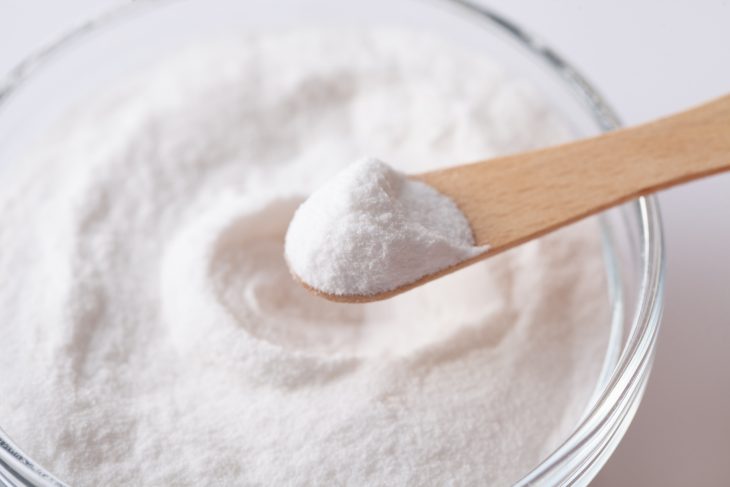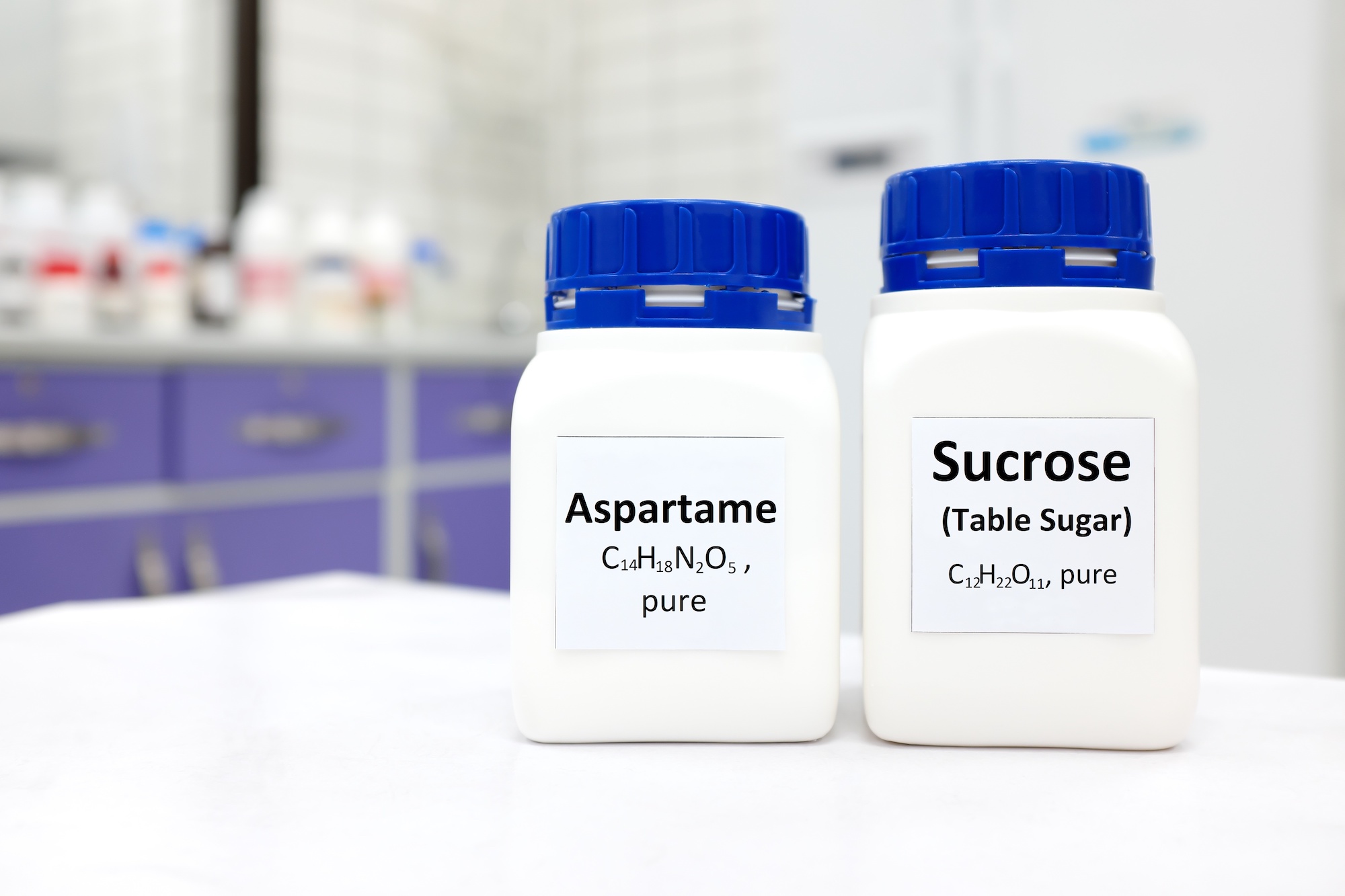
Aspartame, a low-calorie artificial sweetener, has been a subject of debate and research for decades. Despite its widespread use, many people remain unaware of the intriguing aspects of this sweet substance. In this comprehensive article, we delve into 20 fascinating facts about aspartame, shedding light on its history, properties, and impact on health.
Discovery of Aspartame
Aspartame was discovered accidentally in 1965 by James M. Schlatter, a chemist working on an anti-ulcer drug. While handling the chemical, he inadvertently tasted its sweet flavor, leading to the discovery of its potential as a sweetener.
Composition of Aspartame
Aspartame is composed of two amino acids, aspartic acid and phenylalanine. These components are naturally present in many foods, including meat, grains, and dairy products.
Caloric Content
Despite being a low-calorie sweetener, aspartame isn’t calorie-free. It contains about 4 calories per gram, similar to sugar. However, because it’s approximately 200 times sweeter than sugar, much less is needed to achieve the same level of sweetness, resulting in fewer calories consumed.
Aspartame in Diet Foods
Aspartame is a key ingredient in many diet and sugar-free foods and beverages. Its intense sweetness and low-calorie content make it an attractive alternative to sugar for those seeking to reduce their calorie intake or manage their blood sugar levels.
Heat Stability
Aspartame isn’t stable under high heat, which limits its use in cooking and baking. When exposed to high temperatures, it breaks down and loses its sweetness.
FDA Approval
The U.S. Food and Drug Administration (FDA) approved aspartame for use in dry goods in 1981 and for carbonated beverages in 1983. It’s one of the most thoroughly tested food ingredients, with over 200 studies supporting its safety.
Phenylketonuria (PKU) and Aspartame
Individuals with a rare genetic disorder called phenylketonuria (PKU) must avoid aspartame. They can’t metabolize phenylalanine, one of aspartame’s components, which can lead to dangerously high levels in the body.
Aspartame and Weight Loss
While aspartame is often used for weight loss, research on its effectiveness is mixed. Some studies suggest that artificial sweeteners may help with weight loss, while others indicate they could lead to weight gain or have no significant effect.
Aspartame and Diabetes
Aspartame is considered safe for people with diabetes. It doesn’t raise blood sugar levels, making it a suitable sugar substitute for those managing this condition.
Aspartame and Cancer
Despite some claims, extensive research has found no clear link between aspartame and an increased risk of cancer. The FDA, World Health Organization, and American Cancer Society all support the safety of aspartame.
Aspartame and Neurological Effects
Some people report headaches or other neurological effects after consuming aspartame. However, scientific evidence supporting these claims is limited.

Aspartame and Gut Health
Emerging research suggests that aspartame may alter the gut microbiota, potentially affecting digestion and overall health. However, more studies are needed to fully understand these effects.
Aspartame and Taste
Aspartame has a slightly different taste profile than sugar. Some people detect a bitter or metallic aftertaste, while others find it indistinguishable from sugar.
Aspartame in Chewing Gum
Aspartame is commonly used in sugar-free chewing gum. It not only provides sweetness but also enhances the flavor intensity and longevity.
Aspartame and Tooth Decay
Unlike sugar, aspartame doesn’t contribute to tooth decay. This is why it’s often used in “dentist-approved” chewing gums and mints.
Aspartame and Allergies
Aspartame is not a common allergen, and true allergic reactions to it are extremely rare. However, some people may have sensitivity or intolerance to aspartame, causing symptoms like headaches and digestive discomfort.
Aspartame and Pregnancy
Aspartame is generally considered safe during pregnancy and breastfeeding, but moderation is advised. The FDA recommends a daily intake of no more than 50 milligrams per kilogram of body weight.
Aspartame in Medications
Aspartame is sometimes used in medications, particularly in chewable and liquid drug formulations, to improve taste.
Aspartame and Alcohol
When mixed with alcohol, aspartame can cause alcohol levels to peak faster. This is because aspartame may speed up the stomach-emptying process, leading to quicker absorption of alcohol into the bloodstream.
Aspartame and Environment
Aspartame is considered environmentally friendly. It’s completely broken down by the body into its constituent components, leaving no waste to harm the environment.
Aspartame and Cancer Risk
In a recent development, the International Agency for Research on Cancer (IARC), the World Health Organization’s (WHO) cancer research arm, is set to declare aspartame a possible carcinogen in July 2023. This decision is based on all the published evidence and is intended to motivate more research, which will help agencies, consumers, and manufacturers draw firmer conclusions.
Conclusion
Aspartame is a fascinating substance with a rich history and a wide range of applications. While it’s not without controversy, the consensus among health organizations is that it’s safe for most people to consume. As with all things, moderation is key. However, the recent development from the IARC has brought new attention to the potential health effects of aspartame. As always, it’s important to stay informed and make dietary choices that align with your health needs and goals.
Frequently Asked Questions (FAQs)
Is aspartame safe to consume?
Yes, aspartame is safe for most people to consume. It has been approved by numerous health organizations, including the FDA and the World Health Organization. However, individuals with phenylketonuria (PKU) should avoid aspartame.
Can aspartame help with weight loss?
Aspartame is a low-calorie sweetener, so it can help reduce overall calorie intake when used as a substitute for sugar. However, its effectiveness for weight loss is still a topic of ongoing research.
Does aspartame cause cancer?
The International Agency for Research on Cancer (IARC), the World Health Organization’s (WHO) cancer research arm, is set to declare aspartame a possible carcinogen in July 2023. However, this does not necessarily mean that aspartame has been definitively proven to cause cancer. More research is needed to draw firmer conclusions.
Can people with diabetes consume aspartame?
Yes, aspartame is considered safe for people with diabetes. It does not raise blood sugar levels, making it a suitable sugar substitute for those managing this condition.
Can pregnant women consume aspartame?
Aspartame is generally considered safe during pregnancy and breastfeeding, but moderation is advised. The FDA recommends a daily intake of no more than 50 milligrams per kilogram of body weight.
Was this page helpful?
Our commitment to delivering trustworthy and engaging content is at the heart of what we do. Each fact on our site is contributed by real users like you, bringing a wealth of diverse insights and information. To ensure the highest standards of accuracy and reliability, our dedicated editors meticulously review each submission. This process guarantees that the facts we share are not only fascinating but also credible. Trust in our commitment to quality and authenticity as you explore and learn with us.
